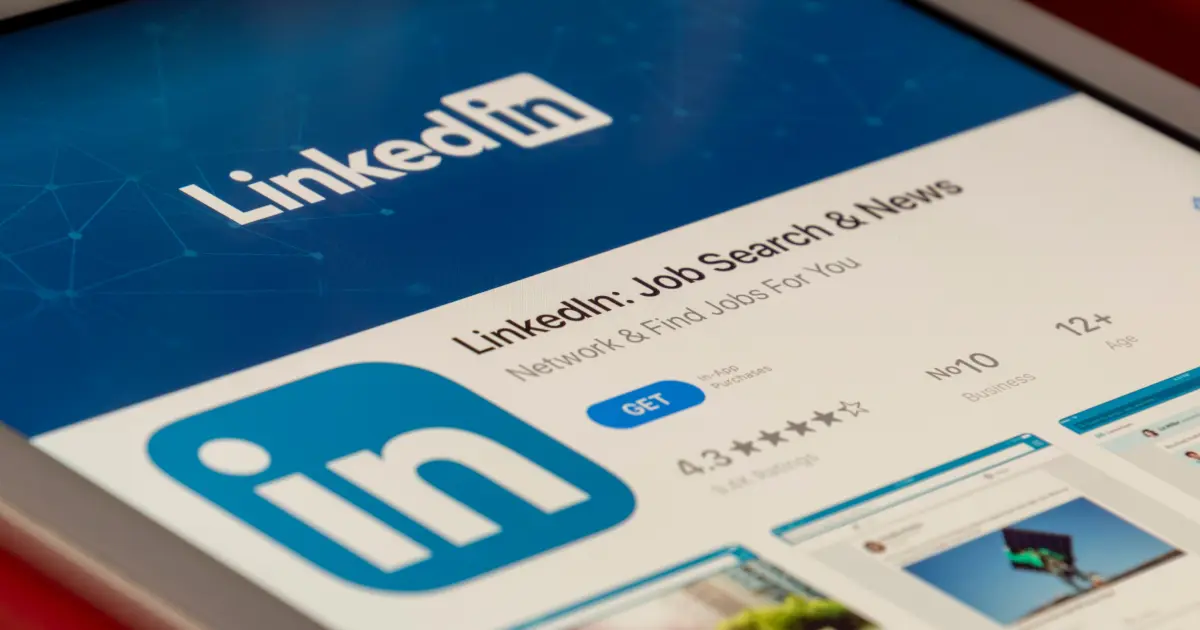Recruitment Strategies for Businesses

The never-ending recruitment strategies talk: It’s been a hot topic for a while now.
Recruitment is hard and it’s time consuming. It can seem endless.
For a majority of industries, there is a chronic skills shortage. Governments are doing what they can to focus and priorities people into roles that are needed the most. Take the weekends announcement for nursing and midwifery students. That’s a longer term solution to a very realistic issue that we are now facing. It’s also driven largely by Government money, how are small businesses able to compete with that or what can they do to remain competitive to ensure that they don’t loose out.
Once upon a time, a lucrative salary was enough to get someone across the line to begin employment. Nowadays, there is a plethora of additional benefits that are being explored to attract and retain quality candidates. This can be incredibly frustrating as it puts lots of stress on the hiring team to make it work. For Employees given the current market they can be selective and to a certain extent picky on what they want. There are Employers out there who can and will give whatever they can to secure someone.
With this in mind we thought it was useful to share some top tips on how you might approach the recruitment game from a different perspective. Short of having to pay out the mega dollars.

Recruitment Strategy #1: LinkedIn
It’s easy to get caught down a LinkedIn rabbit hole. You’ve got your first contacts, second contacts and third contacts. What does all that mean? Then we’ve all received those LinkedIn InMails that have a generic recruitment message. You might even consider it to be spammy. So how do you get through all this noise ? Surely your ideal candidate is out there.
Be specific, if you are looking for someone with a specific job tiles or qualification use the search bar to find these people. Look for common connections and utilise your network. If you are using the InMail system personalize your approach. Think of what digital marketing assets you can share with the potential candidate to promote your business. Give them insight into what it would look like to be apart of your business.
Recruitment Strategy #2: Strategic Partnerships
Depending on your industry there might be a peak body that you can affiliate yourself with. University and Training Colleges are also a useful resource to consider. It might be worth your time to develop a list of potentially working partners relevant to your roles and how you can target those within them. Often or not, these bodies are a useful resource as some courses now contain practical components whereby students need to undertake on the job training.
Consider where the ideal candidate is currently working.
If you know where the ideal candidate is currently working, then it makes it easier to find them. Particularly if the role is remote. The new way of working has removed geographical barriers that once existed. Your next candidate might be in a different State to you, so how can you target them if you’re not looking in the right areas. It might be that you need to run a separate campaign to attract this type of Employee.
Which leads onto the next point….
Recruitment Strategy #3: Marketing Campaigns
What is it that you are looking for ? How do you translate your culture onto paper? What is your point of difference? What does it look like to be apart of your team ? These are important questions to consider when creating a marketing campaign. If you wish to attract likeminded individuals, then you need to ensure you’re communicating this effectively. You might need to build up your employer brand, but when combined with a tailored campaign and clear messaging you’ll be surprised at what you can find.

Recruitment Strategy #4: Reference Calls
We’ve all been there; you’ve been asked to provide a reference for a colleague. You are asked a series of questions based on the potential candidate’s ability and willingness to learn. You are asked about their character in the workplace and how they perform under pressure. Have you ever consider using this opportunity to tap into the Referees network of potential candidates. Usually when someone is selected as a Referee it means they are held in high esteem. Why not consider asking them if they know of anyone else who might be interested in other roles you are hiring for? Potentially it could even be them! If you don’t ask then you won’t know!
Conclusion
The best recruitment and retention strategies take into consideration several different approaches. What might work for one campaign, may not necessarily work for another. Recruitment requires flexibility and agility. The new norm is open-mindedness and looking beyond the traditional recruitment space. Gone are the days of putting an advertisement in the newspaper.
Want assistance with your recruitment strategies? Let us help you develop one. Contact us now.




